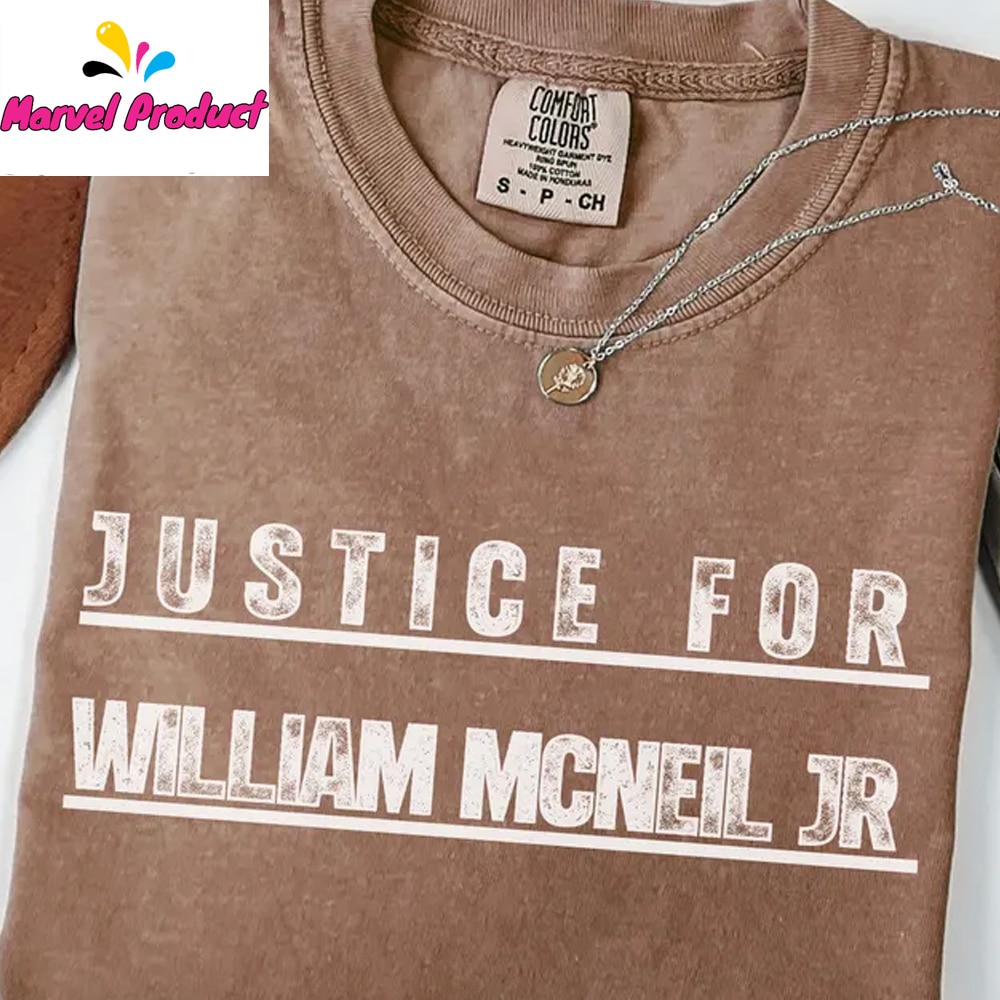The Jacksonville Officer Bowers Racism Shirt Controversy: A Deep Dive into Its Impact
The Jacksonville Officer Bowers Racism Shirt Controversy: A Deep Dive into Its Impact
The emergence of the Jacksonville Officer Bowers Racism Shirt has fueled intense conversations about racial tensions, law enforcement practices, and the fight for social justice. This shirt, infamous for its provocative message, highlights broader societal issues that continue to plague communities across the country. In this article, we will examine the different facets of this topic, exploring its impact on public perception, the community’s response, and the avenues for positive change.
Understanding the Background of the Jacksonville Officer Bowers Racism Shirt
To have a meaningful discussion about the Jacksonville Officer Bowers Racism Shirt, it’s vital to grasp the context that led to its creation and circulation.
The Shirt’s Origins
The Jacksonville Officer Bowers Racism Shirt came into existence during a period of heightened tension around racial injustice in America. Recent years have seen numerous incidents involving police misconduct and violations of civil rights, which have led to widespread protests and calls for substantial reform.
The shirt itself is widely seen as a parody or commentary on these events. While parodies in fashion can be a form of resistance or critique, they also risk perpetuating harmful ideas. This conflict is at the core of the controversy surrounding this shirt.
The Influence of Social Media
Social media platforms were crucial in making the Jacksonville Officer Bowers Racism Shirt highly visible. What might have been a small, isolated issue quickly gained national attention online, sparking intense debate.
The fast spread of images and opinions on social media often results in sharply divided interpretations. Supporters believe it starts necessary conversations, while critics argue it makes light of serious problems like racism and the need for police accountability. It’s crucial to understand how social media shapes these narratives to see the full picture.
Community Reactions
Local communities are often the first to react to acts seen as offensive. In Jacksonville, the shirt’s appearance triggered protests, with many people expressing their outrage and demanding action.
These reactions show how important the community’s voice is in fighting racism and holding local law enforcement accountable. The debates started by the shirt have opened up new channels for communication, pushing the issue of systemic racism more prominently into public discussion.
What It Means to Wear the Jacksonville Officer Bowers Racism Shirt
When a person wears the Jacksonville Officer Bowers Racism Shirt, it communicates a strong message that can be understood in many different ways, depending on who sees it.
Is It Defiance or Ignorance?
Wearing such a provocative item can be seen as an act of defiance against the common narrative about police violence and systemic racism. For some, it is a matter of free speech, allowing them to express their dissent in their own way.
However, this stance brings up ethical questions about whether these expressions help with understanding or just create more division. The line between satire and being offensive is often thin, and individuals must consider their own beliefs against the potential societal harm.
Fashion’s Role in Social Commentary
Fashion has always been a platform for social critique and artistic expression. The Jacksonville Officer Bowers Racism Shirt shows how clothes can spark thought and action, but it also highlights the dangers of using humor to talk about sensitive issues.
While many designers use fashion to challenge social conventions, the success of this method depends on cultural sensitivity. Finding the right balance requires thinking carefully about the wider impact of the message.
The Danger of Being Misunderstood
One of the biggest problems with the Jacksonville Officer Bowers Racism Shirt is how easily it can be misinterpreted. People might see the shirt very differently based on their own experiences, background, and knowledge of the issues.
This difference in interpretation can increase tensions in communities and derail productive talks about race and justice. So, those who wear or support the shirt need to be ready to handle criticism and take part in the difficult conversations it creates.
Better Alternatives for Advocating Change
With all the heated arguments about the Jacksonville Officer Bowers Racism Shirt, it’s important to look at other ways to raise awareness about racism and encourage change.
Focusing on Positive Messages
Instead of using provocative clothing to make a point, advocates can use positive and inclusive messages that bring people together. Clothes and accessories that promote equality, empathy, and solidarity can create a better environment for discussion.
Designers and brands can fight racism by using uplifting words, images, and symbols, creating a story that emphasizes unity over division.
Artistic Expression Without Controversy
Art has the ability to inspire change without causing fights. Different art forms—like murals, music, and writing—can tackle complex topics of race and justice in ways that lead to open discussion and thought.
By using these non-controversial methods, artists can avoid divisive language and build bridges between different community members, creating chances for healing and real action.
Bringing Communities into the Dialogue
To create real change, it’s essential to get communities involved in meaningful talks. Events that encourage discussions about race relations, police accountability, and social justice can give a voice to those who are often ignored.
Instead of using controversial symbols like the Jacksonville Officer Bowers Racism Shirt, communities can join together to share their experiences, learn from each other, and work together to solve systemic problems.
Conclusion
The Jacksonville Officer Bowers Racism Shirt has become a focal point for vital conversations about race, policing, and social justice. While the shirt has created a lot of controversy, it also gives us a chance to think more deeply about systemic racism and our shared responsibility. By looking at the impact of such expressions and finding alternatives that encourage understanding and unity, we can move toward a more equitable world.
POSTER SEO_SIBATOOL






